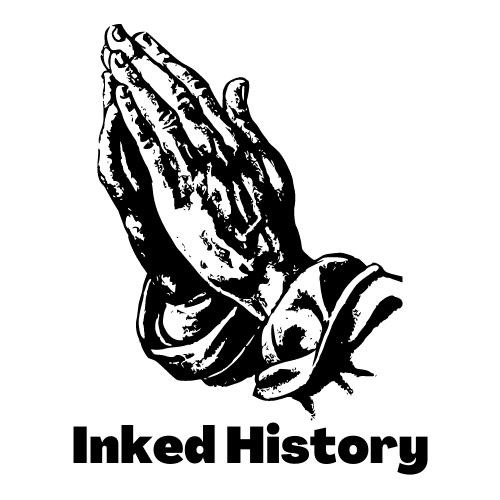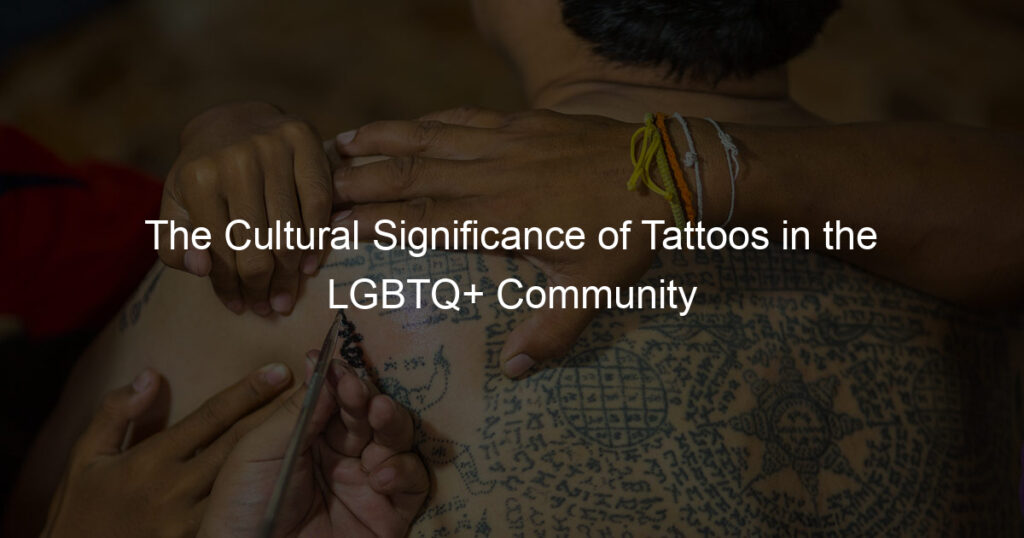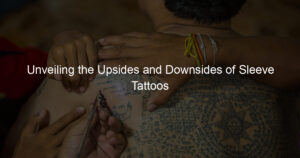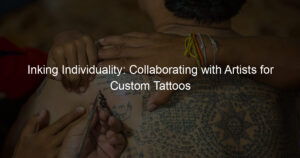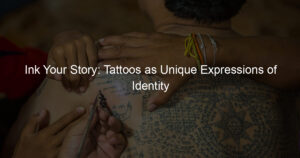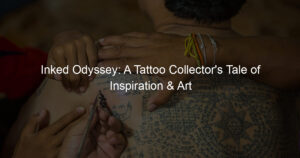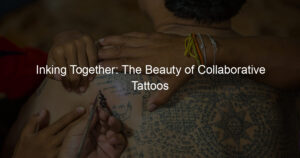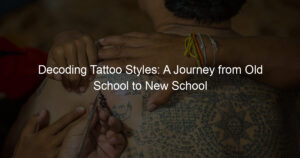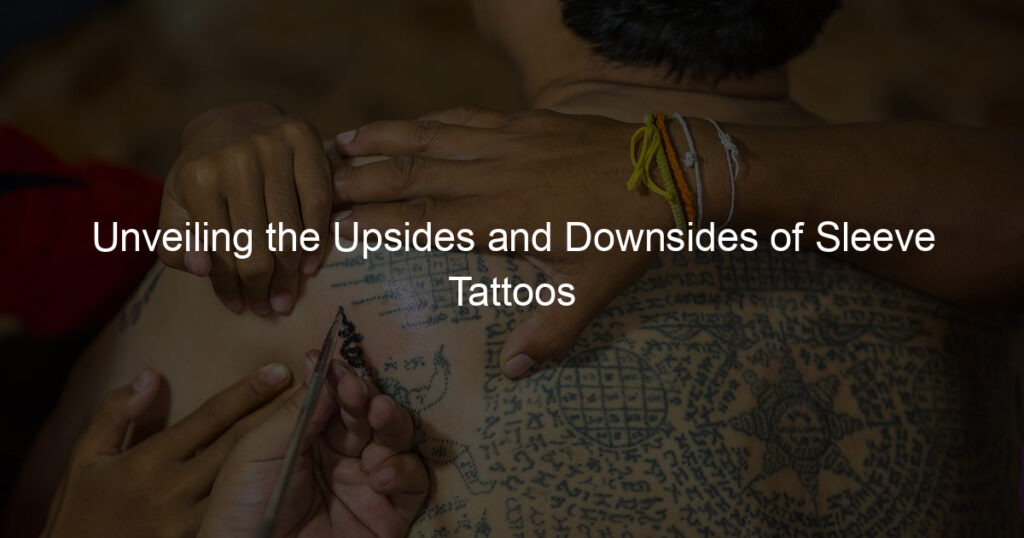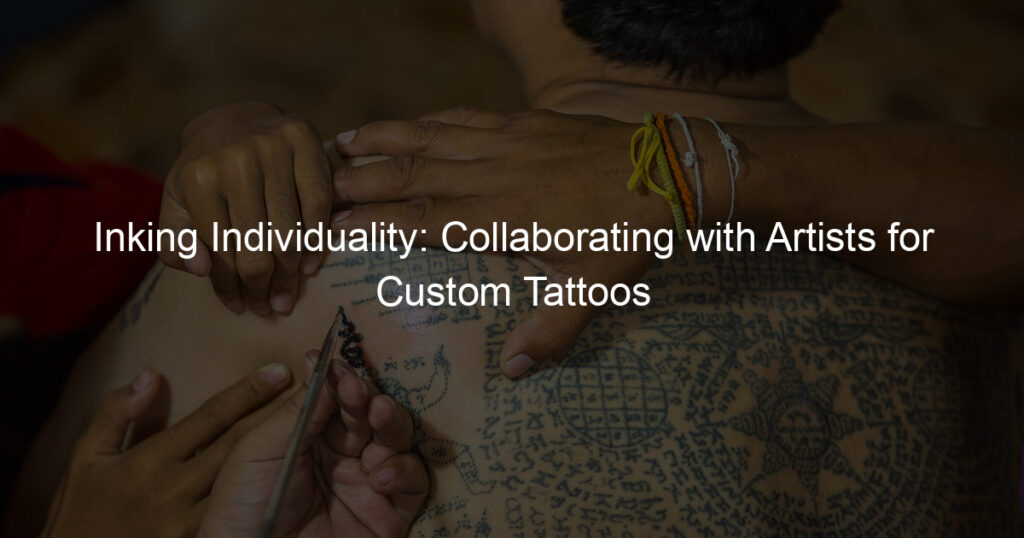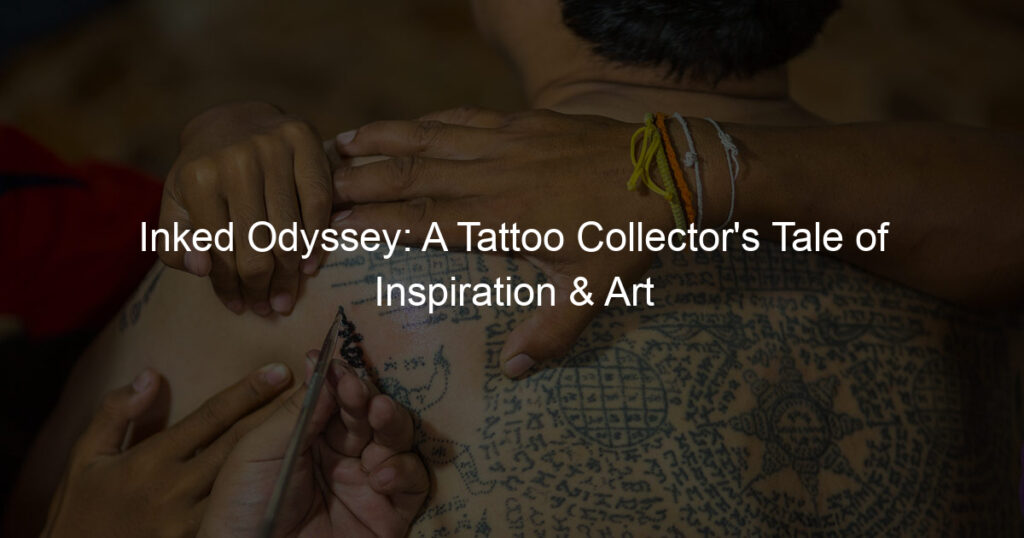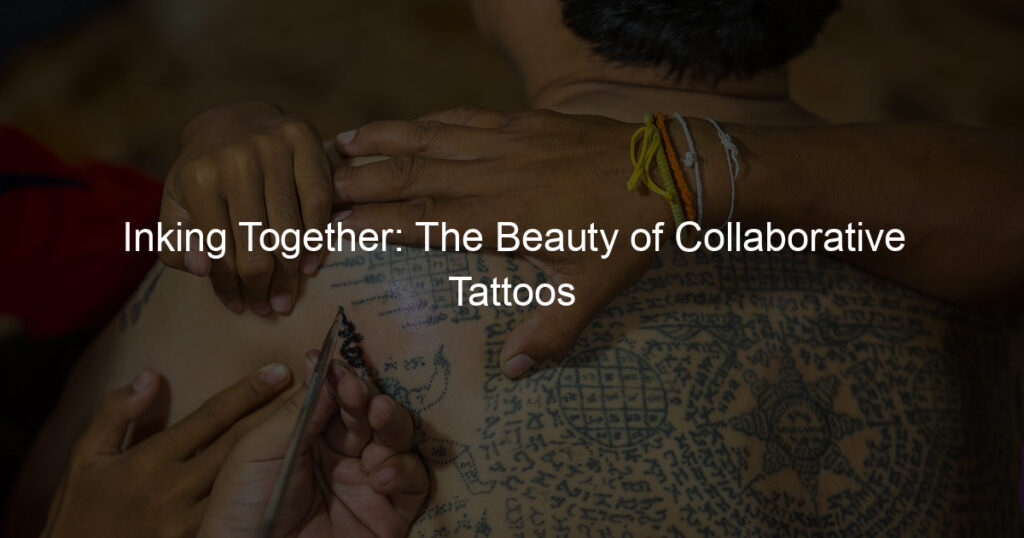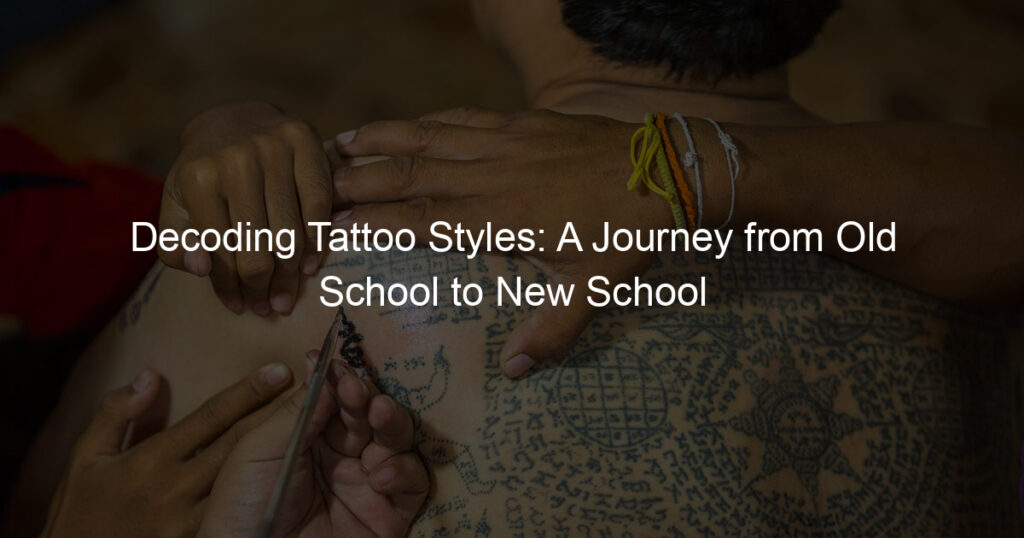There’s no denying that tattoos have become more and more popular in recent years. But what many people don’t realize is that there is a whole other world of tattooing beyond the mainstream.
In the LGBTQ+ community, tattoos often take on a much deeper meaning than just being aesthetically pleasing – they can be symbols of strength, identity, and pride.
In this blog post, we’ll be exploring the cultural significance of tattoos in the LGBTQ+ community. We’ll hear from tattoo artists and enthusiasts about why these ink markings are so important to this group of people, and how they’re continuing to evolve and change as society does.
Whether you’re looking to get your first tattoo or you’re simply curious about this part of tattoo culture, read on for an enlightening look at tattoos in the LGBTQ+ community.
What is the significance of tattoos in our culture?
Tattoos are a form of self-expression that has been popular in various cultures around the world for generations.
In today’s society, tattoos have become a symbol of individuality and uniqueness, giving people an opportunity to show off their personality while making a fashion statement with their bodies.
The growing rise in acceptance of tattoo culture has enabled many to celebrate their heritage or commemorate important milestones and events in life.
Each tattoo, regardless of size or design, conveys something special about the wearer and provides an avenue to tell their story – especially if it is meaningful and personalized.
Tattoos have also become a way for artists to create dynamic works of art on bodies instead of canvases. As the significance and appreciation of tattoos continue to grow, they will increasingly remain an essential part of our culture throughout history.
What is the significance of tattoos then and now?
Tattoos were once seen as taboo, with many associating them with criminals or outcasts. But today, tattoos are becoming increasingly popular and socially accepted around the world. From Millennials to Gen Z-ers to boomers, it seems that everyone is getting in on the action!
Meaningful tattoos are a way for people to express their individuality and share stories about their past and present.
They can also be used as a form of creative self-expression to show support for a cause, honor a loved one lost, or simply make a fashion statement. All in all, tattoos are much more than just body art and they have taken on new significance over time.
What is a pride tattoo?
Pride tattoos are an increasingly popular way to express your identity and show solidarity with members of the LGBTQ community. These tattoos often incorporate multiple colors, rainbows, and symbols associated with pride and the LGBTQ movement.
Depending on your desired design, these tattoos can be small or large enough to cover a portion of your body – giving you plenty of room to be creative!
What’s great about this type of tattoo is that you get to turn something that has been historically seen as a source of shame into something beautiful.
With a pride-themed tattoo, you can help share a message of love and acceptance for all people – no matter their sexuality or gender identity.
What does a rainbow triangle tattoo mean?
A rainbow triangle tattoo is a powerful symbol of inclusion and support for the LGBTQA+ community.
By sporting one of these tattoos, you are making a bold statement about standing with Pride and celebrating the rights of lesbian, gay, bisexual, transgender, queer/questioning, intersex, and asexual individuals.
With its striking use of primary colors in addition to its V-shaped triangle design, this colorful tattoo evokes a beautiful sense of unity and celebrates how far the LGBTQA+ movement has come.
It’s time for us to show our support for the members of this entertaining yet often unjustly marginalized group!
It’s a wrap!
Over the years, tattoos have become more and more popular in the mainstream. However, they still hold a special place in the LGBTQ+ community.
For many queer people, getting a tattoo is a way to reclaim their bodies and express their true selves. They are powerful symbols of rebellion, self-acceptance, and pride.
Tattoos can be incredibly meaningful to the people who wear them, and they will continue to play an important role in LGBTQ+ culture for years to come.
